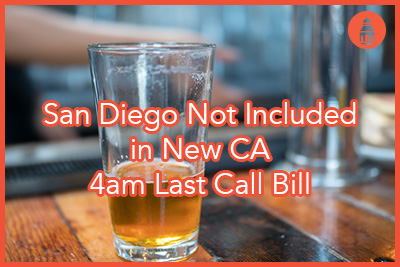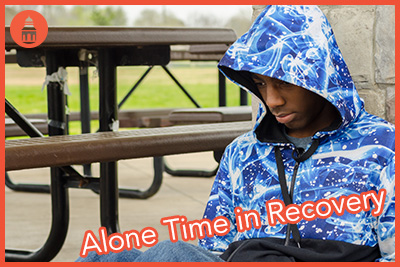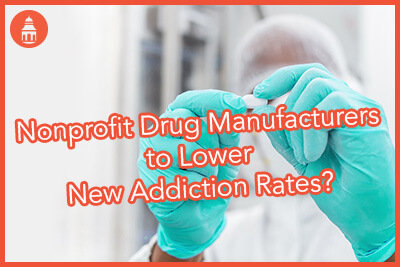 When you leave drug rehab, there are quite a few things on your to-do list. Unfortunately, they aren’t errands that you can quickly check off your list in a morning of dedication and focus. Rather, they are long-term commitments – to yourself, to your recovery, and to the people you love – that must be managed on a day-by-day basis. There is no manual on how exactly to do any of that, but it’s a good idea in general to set your gaze first on the details of staying sober. When you do that, you can find the guidance and help you need to address other parts of your big picture, like your relationship with your romantic partner.
When you leave drug rehab, there are quite a few things on your to-do list. Unfortunately, they aren’t errands that you can quickly check off your list in a morning of dedication and focus. Rather, they are long-term commitments – to yourself, to your recovery, and to the people you love – that must be managed on a day-by-day basis. There is no manual on how exactly to do any of that, but it’s a good idea in general to set your gaze first on the details of staying sober. When you do that, you can find the guidance and help you need to address other parts of your big picture, like your relationship with your romantic partner.
The relationships you share with the people who are closest to you – especially if you live together – can have a huge impact on your ability to function at your best in recovery. If you had a partner who had a “normal” relationship with alcohol while you were living in active addiction, and this person is still a part of your life and willing to work with you on the relationship, great! As long as that relationship is something that will still work for you in recovery, it’s important to work on:
What does your relationship need to thrive? It should go without saying that when you are in recovery, your partner should not only be supportive of your continued sobriety but also have no substance abuse problems or be in recovery, too. It is unequivocally impossible for someone who is in recovery to have a healthy and positive relationship with someone who is living in an active drug or alcohol addiction, or struggling with any level of a substance abuse problem. Even if the person just enjoys going out frequently on the weekends with friends and having a few drinks, ultimately, this will likely be problematic for the relationship. People in a romantic relationship need to be on the same page when it comes to a few areas of life if they are going to thrive for the long-term, and alcohol and drug use is one of those areas when someone is in recovery. Everything that impacts your ability to stay sober improves when you have the therapeutic guidance of a professional who specializes in substance abuse treatment – and your relationship is no different. Working with a couples counselor who understands your past in addiction and treatment, and who is able to support you in continued recovery first and foremost, will provide you and your partner with:
It’s likely that your partner has a lot of expectations of your behavior now that you have gone through rehab. It is likely expected that you stay sober, recommit to the relationship, and do your best to make up for any errors in judgment that occurred when you were living in active addiction. Your first inclination may be to agree with everything on your partner’s “list of demands.” Many in recovery feel guilty about the pain experienced by loved ones during addiction and take it upon themselves to “right” all those “wrongs” by agreeing to any task asked of them by those people. But the fact is that, while it is a good idea to genuinely and sincerely apologize, there is nothing you can do to change the past, and many who focus heavily on the damage done during addiction will find it hard to move forward. Similarly, many people in recovery don’t feel that they have a right to ask for anything when it comes to their needs and wants in a relationship post-addiction and treatment. Because they feel they “owe an emotional debt” to their loved one, and their loved one has gone through so much for them, they feel as if they are imposing to ask for something now in the present. However, you do need your partner to support you in your recovery, and you do need to put your recovery first – not your relationship. Your partner will need to understand that, and a therapist can help the two of you work on the specifics of what that will look like in day-to-day life. Not every relationship is “meant to be.” This is not to say that the partner you had during active addiction will not be able to grow with you through recovery; in fact, there are many couples who have survived the experience and become stronger as a result. But that is not always the case. It’s important that the option of dissolving the relationship be discussed calmly and in a way that doesn’t damage your recovery if it becomes clear that the time is not right for the two of you. What things have you done to strengthen your relationship in recovery? What worked and what didn’t? Share your experience.



